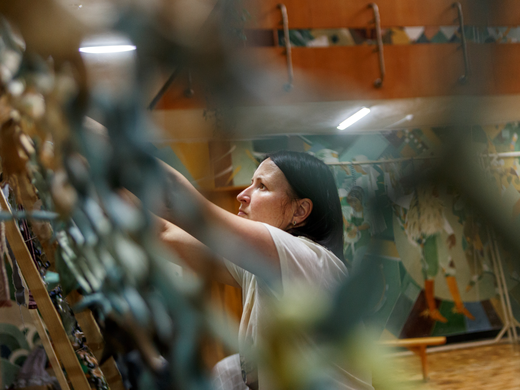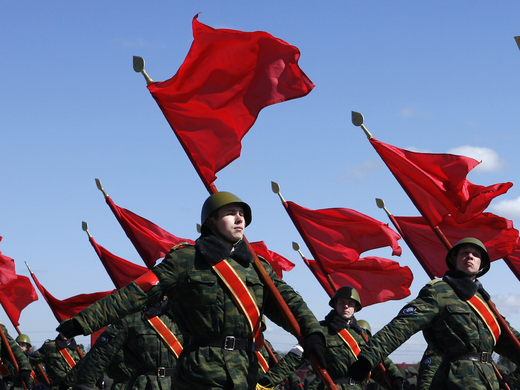This paper examines the impacts that luxurious perks for delegates, such as paid daily allowances, have on peace talks. Drawing on the Burundian peace processes held in Arusha in Tanzania and the Seventh Round of the Inter-Sudanese Peace Talks held in Abuja in Nigeria, shows that perks can unintentionally prolong peace talks. For some of the delegates, staying free of charge in five-star hotels and receiving the equivalent of five months’ pay in one week of per diems made continued talks more attractive than achieving peace. The generous incentives seduced the conflicting parties away from whatever interest they might have had in actually reaching an agreement, encouraged delegates to create procedural barriers where none had previously existed, and promoted fragmentation among the rebel groups at the negotiating table. Though the paper uses contemporary African case studies to illustrate the argument, this issue transcends the African continent, as perks are a long-established diplomatic practice. To deal effectively with the unintended problems they create requires fundamental cultural and attitudinal changes in most international organizations.


